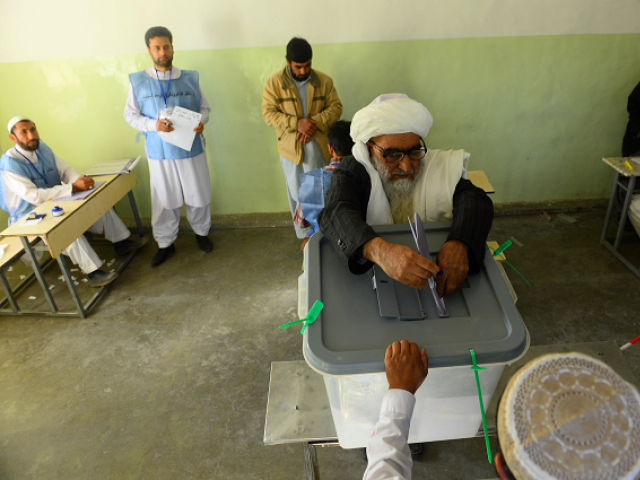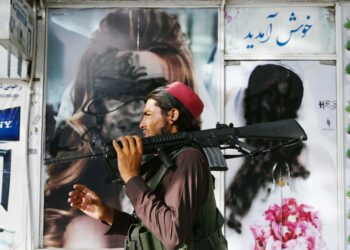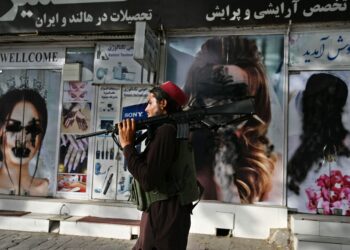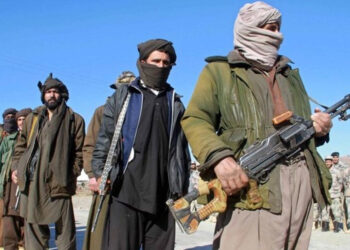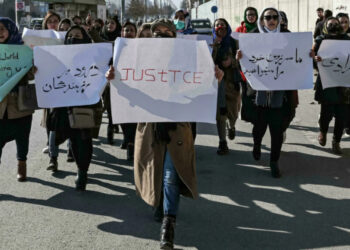Embattled Afghan election officials on Monday vowed to investigate the mishandling of the weekend’s problem-plagued legislative ballot, as voters prepare to wait weeks for the results.
Initial figures show around four million voted in the long-delayed election that was extended by a day after many polling centers opened late or not at all due to glitches with biometric verification devices and missing or incomplete voter rolls.
That is less than half of the nearly nine million voters who had registered to participate in the parliamentary election, though many suspect that a significant number of those were based on fake identification documents that fraudsters hoped to use to stuff ballot boxes.
The turnout figure does not include those who voted on Sunday, the Independent Election Commission (IEC) said.
A final number would be released after voters go to the polls in Kandahar province on October 27, it said.
Thursday’s Taliban attack on a high-level security meeting forced Afghan officials to delay the ballot.
Elections also are pending in the southeastern province of Ghazni.
“Bearing in mind that nine million Afghans had registered, turnout can hardly be said to have been good,” Afghanistan Analysts Network said in a report.
Afghanistan’s Electoral Complaints Commission said earlier it had received “thousands of reports of problems” over the weekend.
“We have assigned a commission to investigate the mismanagement and violations, including the late opening of the centers and use of biometric devices,” IEC chief Abdul Badi Sayyad told reporters on Monday.
“Anyone who has neglected or is involved in shortcomings will be punished.”
The IEC has been heavily criticized over the chaotic vote which was marred by scores of militant attacks that an AFP tally showed killed or wounded nearly 300 civilians and security forces – more than four times the figure provided by the interior ministry.
Long queues of men and women were seen outside polling sites across the war-torn country, despite the Taliban’s repeated threats to attack the ballot.
More than 2,500 candidates, including mullahs, journalists and sons of warlords, competed for 249 seats in the lower house.
Preliminary results are scheduled to be released on November 10.
The IEC’s chronic mishandling of the vote, which was three years late and largely funded by the international community, has all but dashed hopes it can competently organize the presidential ballot, scheduled for April.
The IEC had “many lessons to learn,” Pierre Mayaudon, head of the European Union Delegation in Afghanistan, told AFP.
“In some polling stations everything went very well, in others it was a disaster.
“If we want the presidential election to be a success we must document the mistakes made to correct them as soon as possible.”


